Have you ever locked eyes with a Siberian Husky and felt that spark of wild intelligence, that sense of stubborn adventure burning just beneath their icy blue stare? These dogs aren’t just beautiful—they’re marvels of nature, built for survival and adventure. But anyone who has ever tried to train a Husky knows the truth: their independence can be both inspiring and infuriating. It’s like living with a wolf who sometimes pretends to be a pet. If you’re ready to take on the challenge, let’s explore how to guide that wild spirit and build a bond that’s as strong as their will.
Understanding the Siberian Husky’s Independent Nature
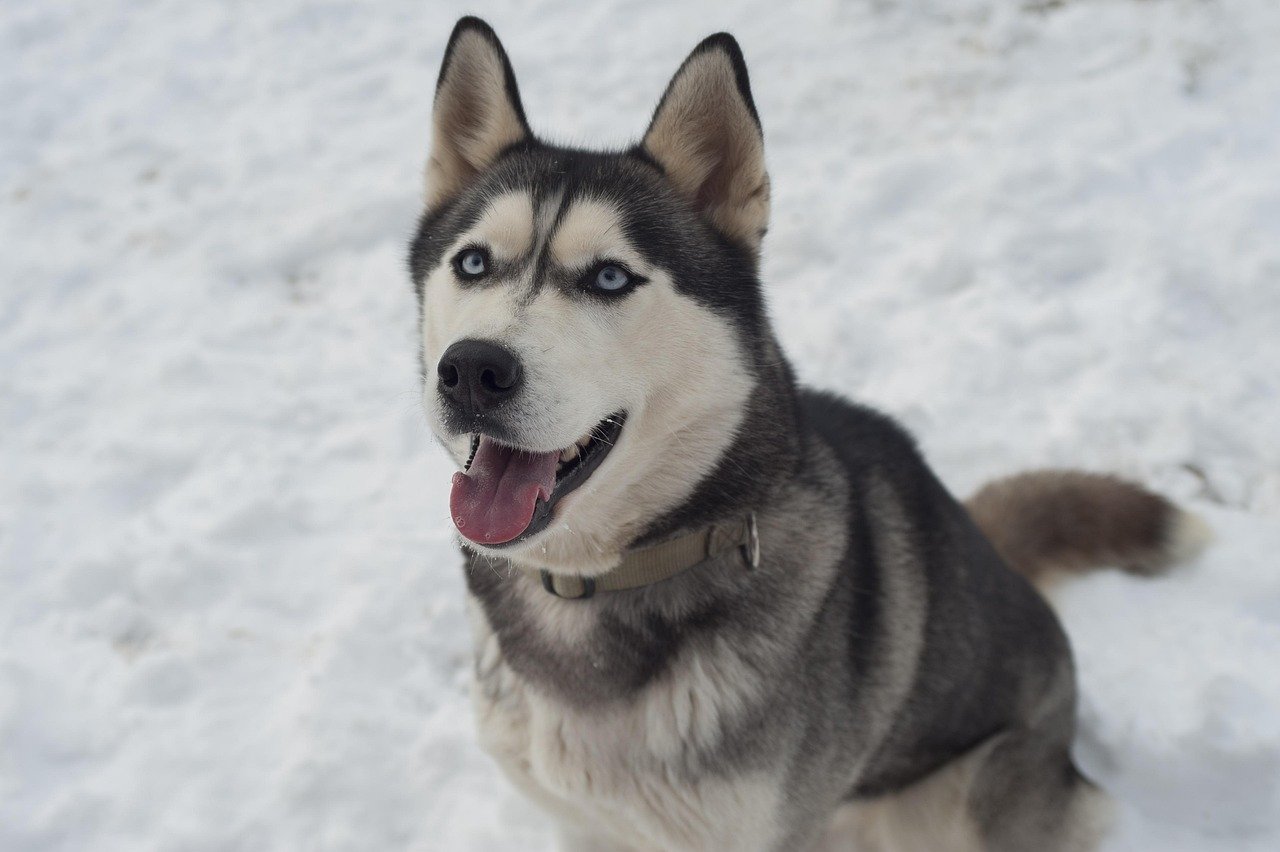
Siberian Huskies are striking, spirited, and fiercely independent—traits that make them both captivating companions and challenging students when it comes to training. Originally bred to run for miles and think on their feet, Huskies aren’t always eager to follow commands just because you said so. But don’t let their free-spirited nature fool you—these clever canines can be trained with the right blend of patience, consistency, and motivation.
Siberian Huskies are not your average family dog. They were bred to pull sleds across frozen tundras, making their own decisions in harsh, unpredictable conditions. That legacy lives on in their genes. Huskies often want to do things their own way, and unlike some breeds, they won’t blindly follow orders. It’s important to know that their independence isn’t defiance—it’s a survival instinct. This means that training requires more patience and creativity. If you treat a Husky like a robot, you’ll only end up frustrated. Instead, you have to meet them halfway and respect their unique mindset. Understanding where they come from is the first step to forming a connection based on trust.
Building a Trusting Relationship First
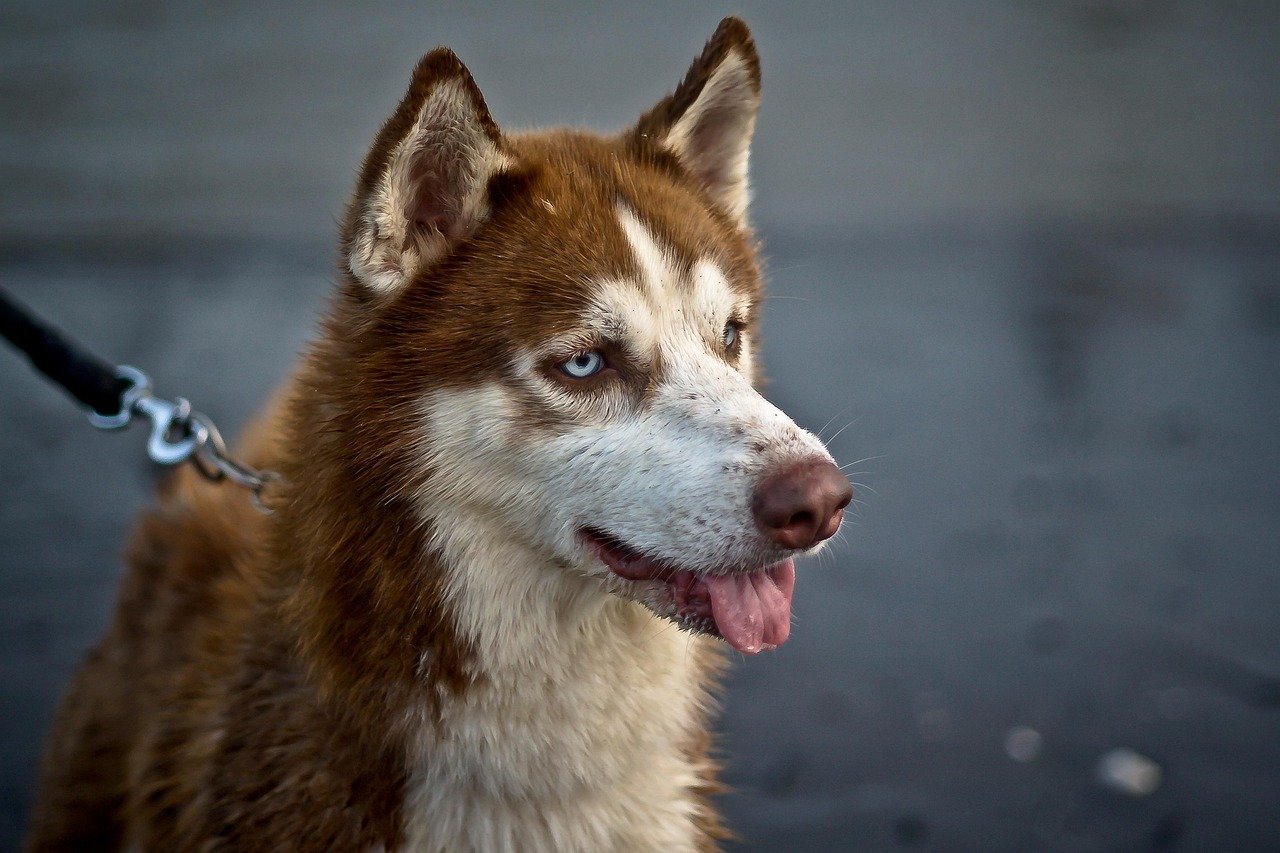
Before you ever think about teaching commands, focus on building trust. Huskies need to know that you’re not just a boss, but a reliable friend. Spend time with your dog in positive, low-pressure situations. This could be playtime in the yard, gentle petting sessions, or calm walks where you let them sniff and explore. Make sure your Husky associates you with fun and comfort, not just rules and corrections. If they sense you’re patient and kind, they’ll be much more willing to listen. Think of it like planting seeds—you need to nurture that trust before expecting results.
Consistency is Key: Establishing Clear Rules
A Husky’s independence thrives in chaos, so consistency is your secret weapon. Set clear boundaries and stick to them, even when it’s challenging. For example, if you don’t want your Husky on the couch, never allow it—not even once. Inconsistency confuses them, and they’ll test your limits constantly if they sense weakness. Make routines for feeding, walking, and playtime, so your Husky knows what to expect. Dogs love structure, even the wildest ones, because it helps them feel safe. Remember, every time you bend the rules, you’re teaching your Husky that persistence pays off—so stay strong!
Positive Reinforcement: Rewarding the Good
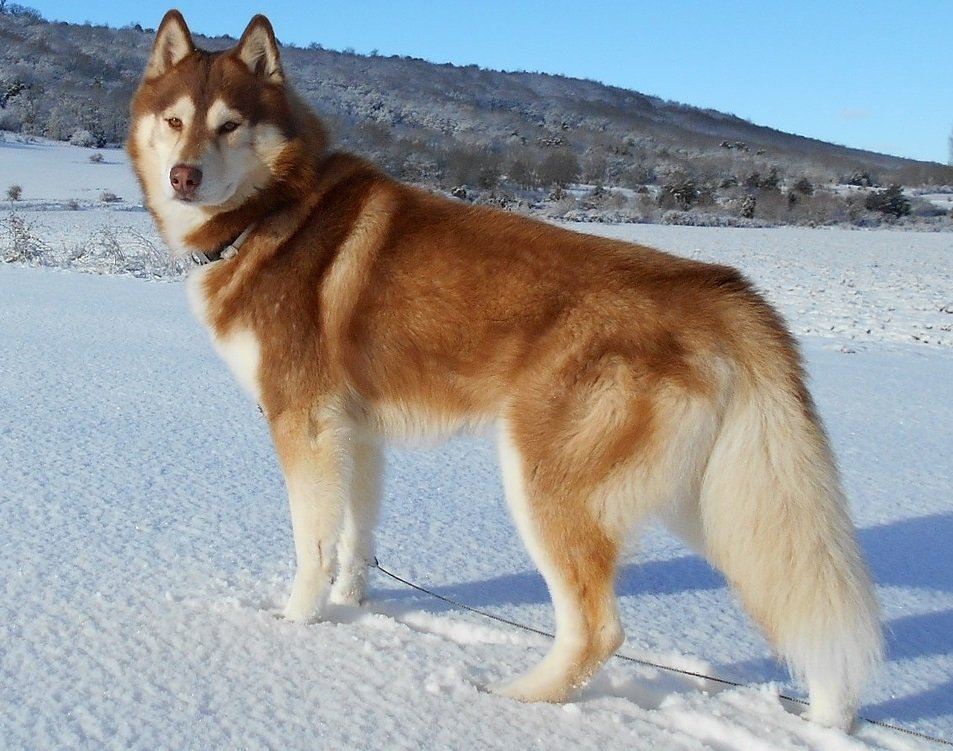
Huskies respond far better to praise and rewards than to scolding. Positive reinforcement means giving treats, affection, or playtime when your Husky does something right. This could be sitting on command, coming when called, or calmly waiting at the door. The trick is to reward them immediately so they connect the good behavior with the positive outcome. If you shout or punish, you risk damaging the trust you’ve built. Instead, celebrate their small victories with excitement and encouragement. Over time, your Husky will learn that cooperating with you leads to all the best things in life.
Channeling Their Energy: The Power of Exercise
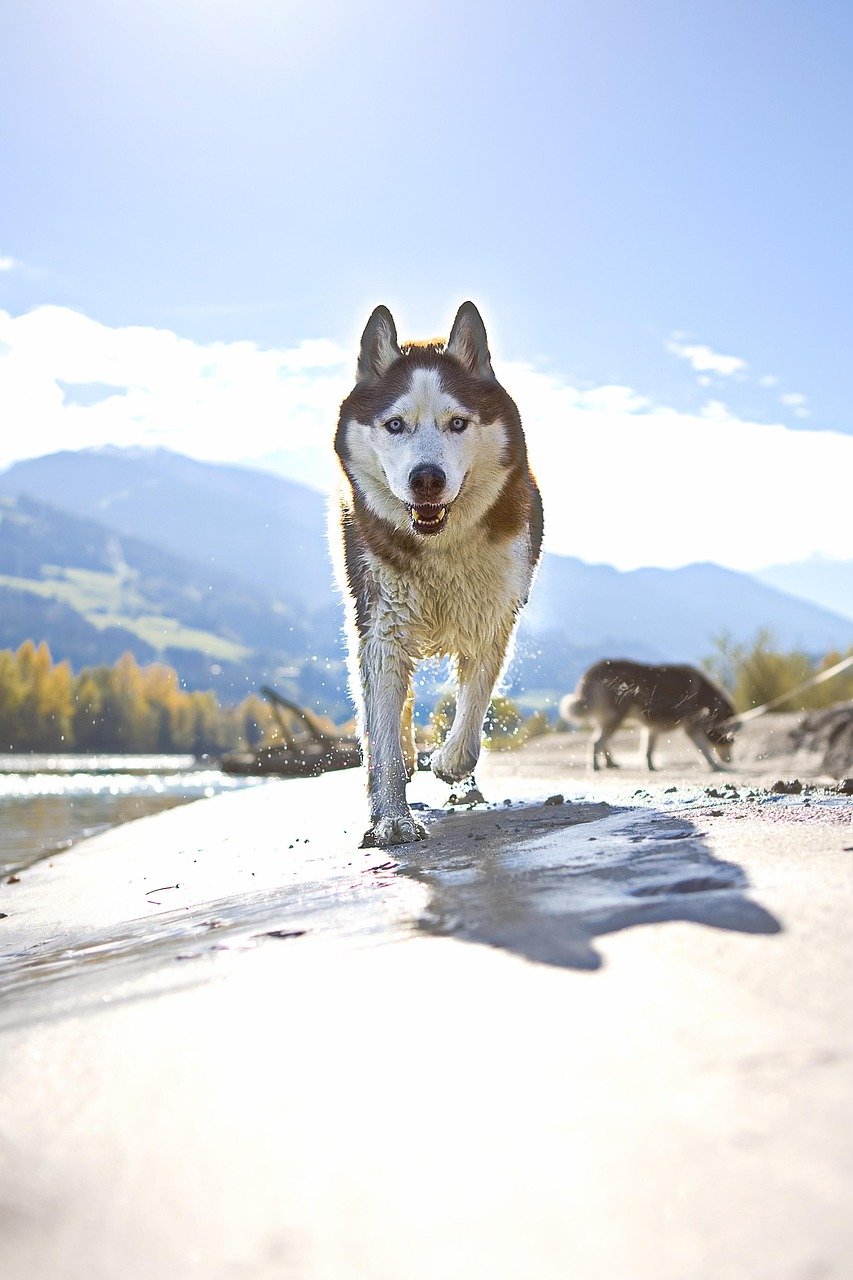
A bored Husky is a recipe for disaster. These dogs are athletes at heart and need plenty of exercise to be happy and manageable. Long walks, runs, or even dog sports like agility or pulling a sled are perfect outlets for their boundless energy. If your Husky is tired, they’re much less likely to act out or ignore commands. Without enough activity, they’ll invent their own fun—often at your expense, like chewing furniture or escaping the yard. Think of exercise as both a training tool and a mental reset button. A tired Husky is a good Husky.
The Importance of Mental Stimulation
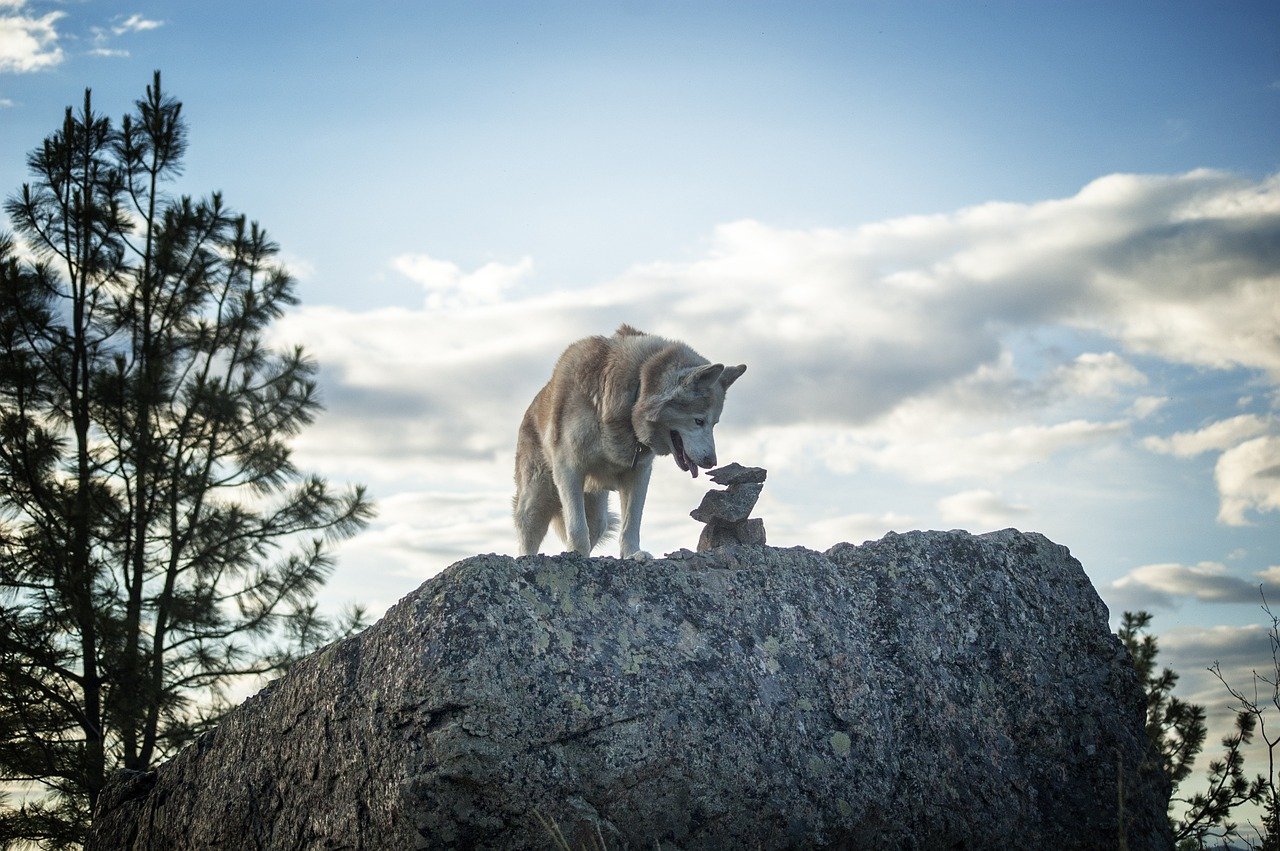
Physical exercise alone isn’t enough for a Siberian Husky. Their minds are as active as their bodies, and they crave mental challenges. Puzzle toys, hide-and-seek games, and obedience drills can keep them engaged and focused. Try teaching them new tricks or letting them solve problems for treats. If a Husky is mentally stimulated, they’ll be less likely to get into trouble. Imagine their brain as a high-powered engine—it needs the right fuel, otherwise it’ll sputter and cause problems. Keeping their minds busy is just as important as daily walks.
Mastering Recall: Teaching Your Husky to Come When Called
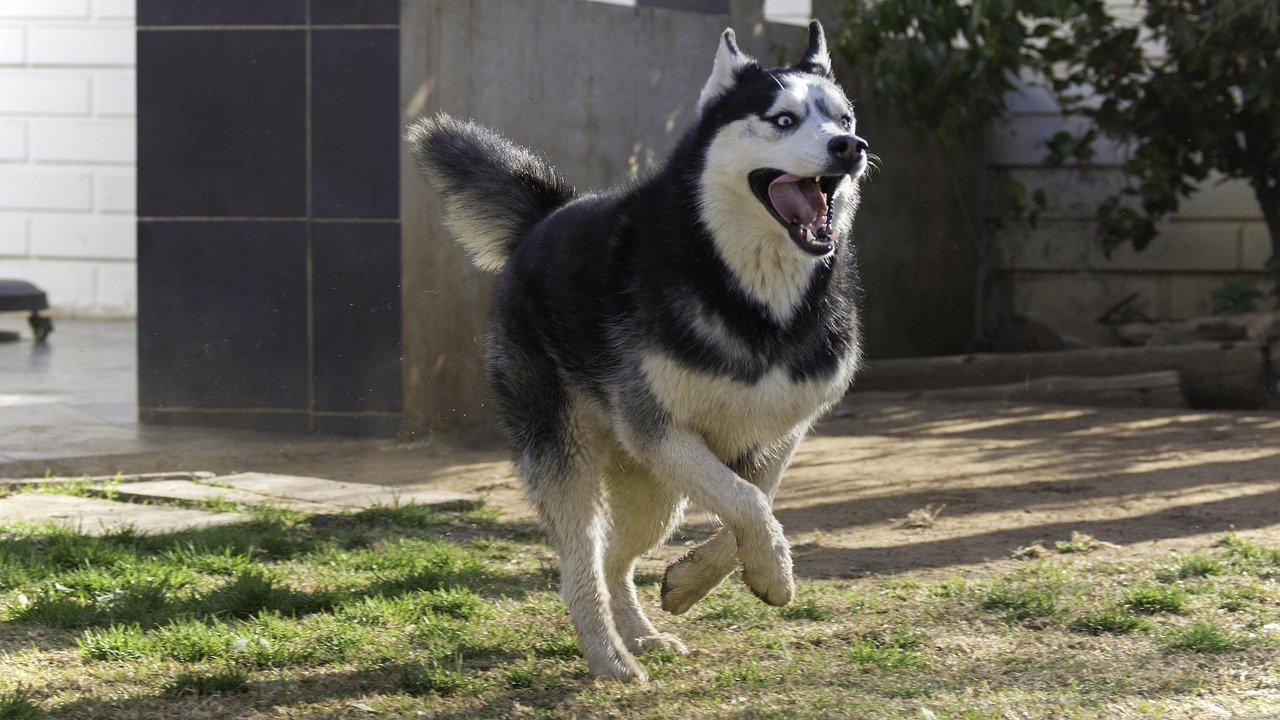
One of the biggest challenges with Huskies is teaching them to come when called. Their curiosity and independence can make them notorious escape artists. Start recall training in a secure, distraction-free environment. Use high-value treats and make coming to you the most exciting event ever. Keep it fun—never call your Husky just to scold them, or they’ll ignore you next time. Gradually add more distractions and distance as they improve. Remember, patience is essential. Celebrate every success, no matter how small, and never give up on this vital skill.
The Value of Socialization
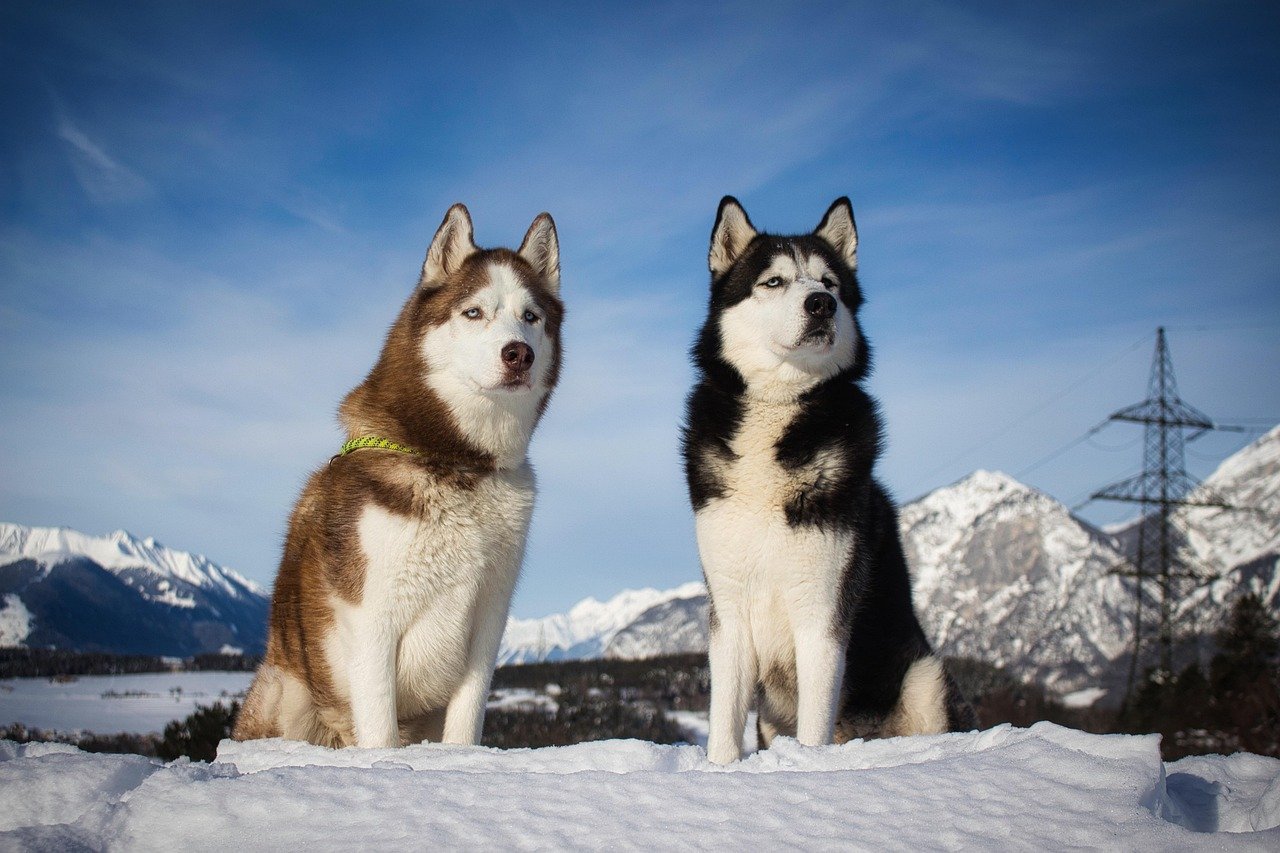
Huskies are naturally social, but they need early and ongoing exposure to different people, animals, and environments to thrive. Take your Husky to parks, introduce them to friendly dogs, and invite guests over regularly. Socialization helps prevent fearfulness and aggression, making your Husky more adaptable and attentive. Every new experience is a lesson in confidence. Think of it like teaching a child about the world—each positive encounter shapes their personality and helps them grow into a well-rounded companion.
Handling Stubborn Moments with Patience
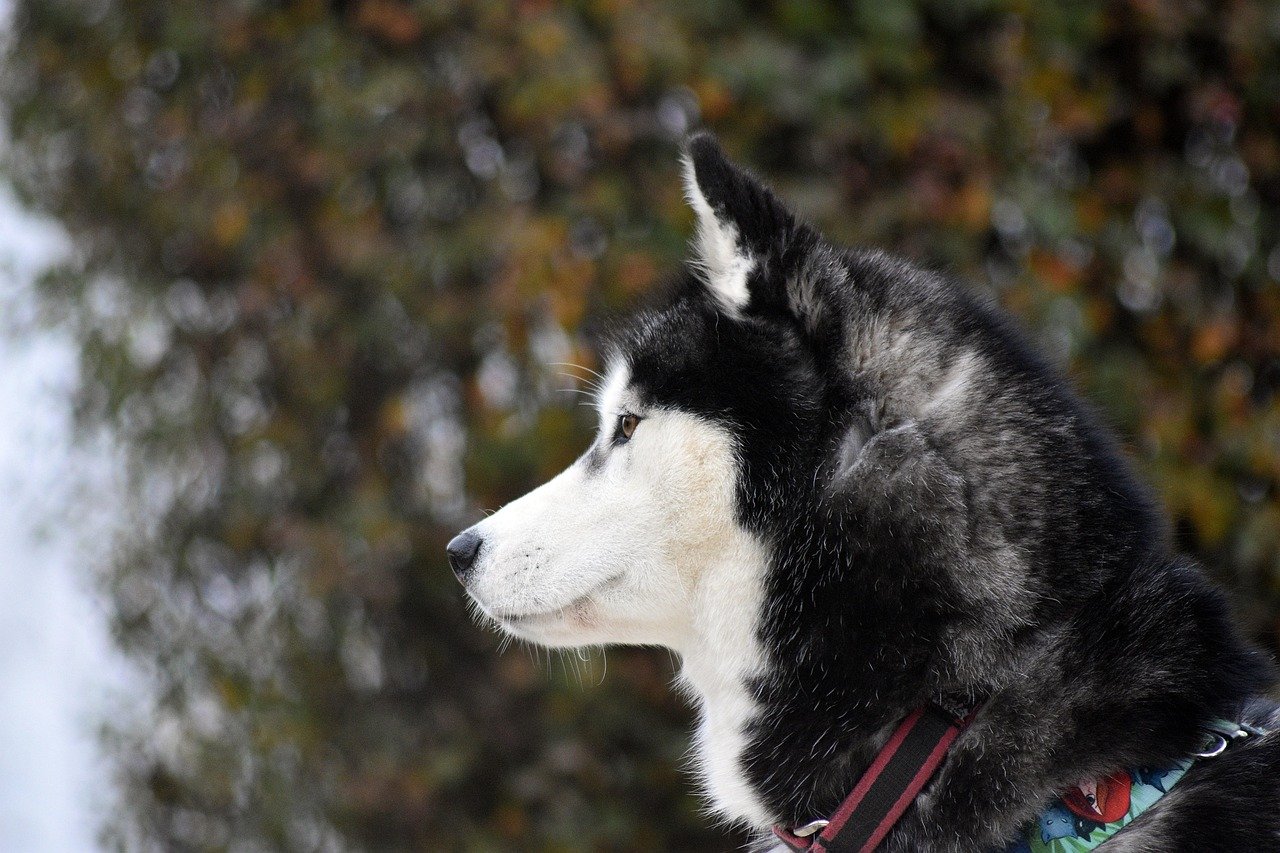
Even with the best training, Huskies will test your patience. There will be days when your dog simply refuses to listen, no matter what you try. In these moments, it’s crucial to stay calm and avoid frustration. Take a break, reset, and try again later. Never resort to yelling or harsh corrections—this only makes your Husky more determined to resist. Instead, rely on your established routines and rewards system. Over time, stubborn spells will become less frequent as your bond deepens. Remember, every Husky has a wild streak—it’s part of their magic.
When to Seek Professional Help
Sometimes, despite your best efforts, training challenges can feel overwhelming. If your Husky’s independence leads to dangerous behaviors—like persistent escaping, aggression, or destructive habits—it might be time to call in a professional. A certified dog trainer with experience in working breeds can provide tailored solutions and hands-on support. There’s no shame in asking for help; in fact, it shows you’re committed to your dog’s well-being. With the right guidance, even the most stubborn Husky can learn to work with you, not against you.

Andrew Alpin from India is the Brand Manager of Doggo digest. Andrew is an experienced content specialist and social media manager with a passion for writing. His forte includes health and wellness, Travel, Animals, and Nature. A nature nomad, Andrew is obsessed with mountains and loves high-altitude trekking. He has been on several Himalayan treks in India including the Everest Base Camp in Nepal.






